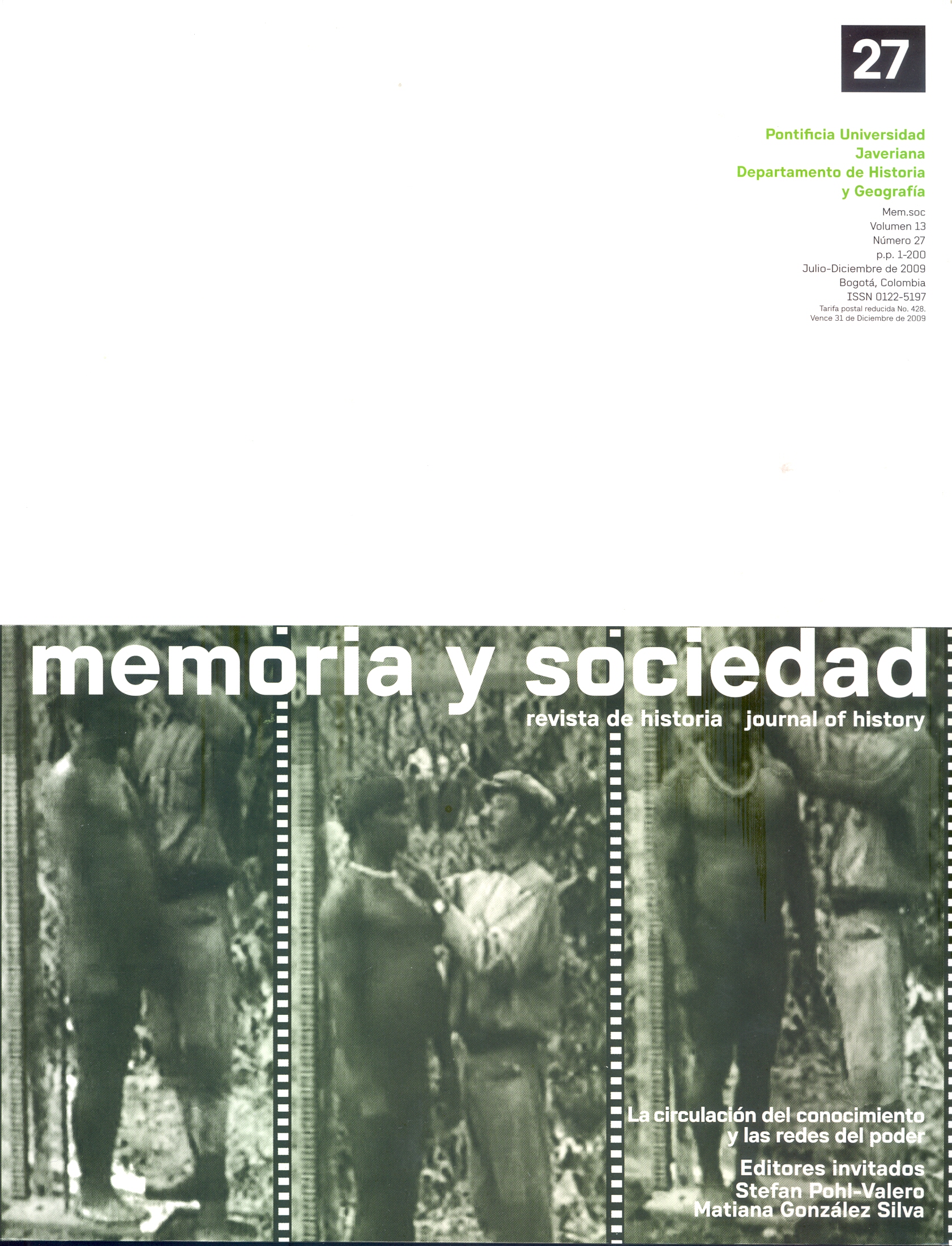Psychoanalysis and National Habitus: a Comparative Approach to the Reception of Psychoanalysisin Argentina and Brazil (1910-1950)
##plugins.themes.bootstrap3.article.details##
Abstract
This article discusses –through a comparative analysis of the reception and circulation of psychoanalytic thought in Argentina and Brazil–, the conditions for the transformation of a system of ideas into a system of beliefs. Particular emphasis is placed in the manner in which what Norbert Elias has characterized as “national hábitus” generates conditions for the reception and circulation of systems of thought. The analysis focuses on the reception and circulation of psychoanalytic ideas as they took place outside of, and independently from, the establishment of “psychoanalytic orthodoxies”. Therefore, the article does not discuss the development of psychoanalytic institutions.
Although the reception of psychoanalysis (or of any other system of ideas) is a multidimensional phenomenon, the article concentrates on three spaces of reception: medical circles, cultural avant garde and the social sciences. The article shows that interpretive grids of the social reality established in the 19th century, as well as intellectual and academic traditions, generated the conditions for specific lines of reception and forms appropriation of the Freudian system, thus questioning normative interpretations of the diffusion of systems of thought.
Although the reception of psychoanalysis (or of any other system of ideas) is a multidimensional phenomenon, the article concentrates on three spaces of reception: medical circles, cultural avant garde and the social sciences. The article shows that interpretive grids of the social reality established in the 19th century, as well as intellectual and academic traditions, generated the conditions for specific lines of reception and forms appropriation of the Freudian system, thus questioning normative interpretations of the diffusion of systems of thought.
Keywords
Psicoanálisis, Brasil, Argentina, recepción, apropiaciónPsychoanalysis, Brazil, Argentina, Reception, Appropriation
References
How to Cite
Plotkin, M. B. (2014). Psychoanalysis and National Habitus: a Comparative Approach to the Reception of Psychoanalysisin Argentina and Brazil (1910-1950). Memoria Y Sociedad, 13(27), 61–86. Retrieved from https://revistas.javeriana.edu.co/index.php/memoysociedad/article/view/8228
Section
Artículos


